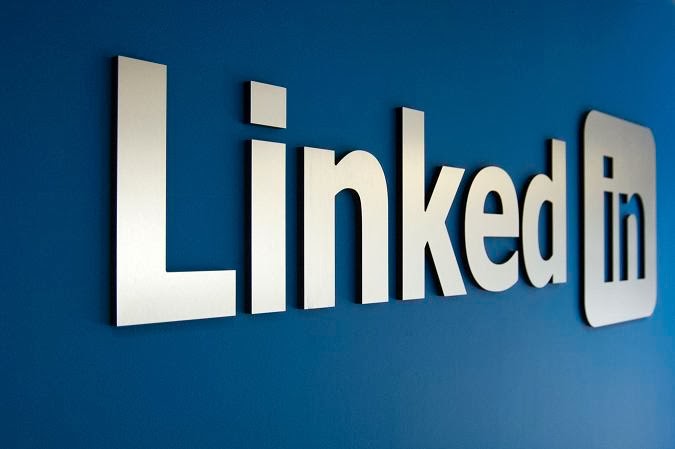By James Mendez
University of North Texas
Mayborn School of Journalism
Recently I began interning at Beverly Drive Magazine and
part of my job, as an intern, is to contact different companies on our “comp
list”. These are companies, or individuals such as doctors and prominent
lawyers, that we send a free copy of the magazine to each month in order to
reach the niche market they cater to.
While I did have the company name, the contact at that companies
name as well as the address of the company what I did not have was a phone
number or email address. This, obviously, makes the task of contacting these
certain individuals very difficult.
All difficulty aside, I set out about the task at hand. The first
couple of individuals were not very difficult to track down. A simple Google
search for the company provided me with not only the company phone number but
also the individuals extension.
It wasn’t until I attempted to track down a phone number for the
owner of boutique interior design company that I ran into real issues. While I
was able to locate the website, I was unable to find any sort of contact
information without leaving a written message (which is supposed to inquire
about the companies rates and services).
As I began to run out of options I decided to Google the
individuals name instead of the company she owned. Google came back with
several sites containing information related to the individual I was looking
for and at the top of those was her LinkedIn profile. While this surprised me
at first, the more I thought about it the more it made sense.
 |
| Photo Courtesy of Myrland Marketing |
Donna Sapolin, the founding editor of Next Avenue, perfectly describes
LinkedIn in the article, How LinkedIn Is Thwarting Your Job Search, she wrote for Forbes on January 17,
2014.
She said that, “Without question,
LinkedIn has become an indispensable tool for connecting with professionals to
glean advice and recommendations for potential hires and to discover job
opportunities and apply for them.”
This did come after she ripped LinkedIn for not
allowing users to turn off the unprofessional automatic congratulatory message.
If you are unfamiliar, Ms. Sapoline explains it in great detail in her
article, How LinkedIn Is Thwarting Your Job Search, but for the sake of time I
will briefly explain.
When you look at your LinkedIn profile, directly
below your name is either the name of the company you currently work for or a
brief description of what it is you are marketing yourself for. When you change
this information LinkedIn automatically sends a message to your entire
professional network asking them to congratulate you on your new job.
 |
Photo Courtesy of Hearsaysocial
|
While this does come off as unprofessional, it
is, in my opinion, one of only two major issues I have with LinkedIn. The
second issue that I have with LinkedIn is how difficult it is to make my
network work for me.
I have always asked myself, “This is all that
LinkedIn does??” And, I will be the first to admit that I am not the most
active LinkedIn user, but I have always thought that the number one
professional network on the planted would do a little bit more for me than
connect me with other professionals in my field.
Well, the Broadli team
asked the same question, but they came up with an answer. In a recent article
on FastCompany.com by Evie Nagy the brand
new Broadli app was explained
as a new mobile app that, “aims to rein in the perpetual disorganization
of professional social networks, helping people find those connections, or
connections of connections, who can help them most, and vice versa.”
 |
Photo Courtesy of FastCompany.com
|
Nagy goes on to explain that the goal of the
app is to, “use networks better to increase the chances of connecting with the
right person at the right time.”
Halfway through the FastCompany.com article, I found
myself on my phone downloading the Broadli app.
While I am very new to this app, I do encourage you to download it as well and see if it can
help land your dream job.
